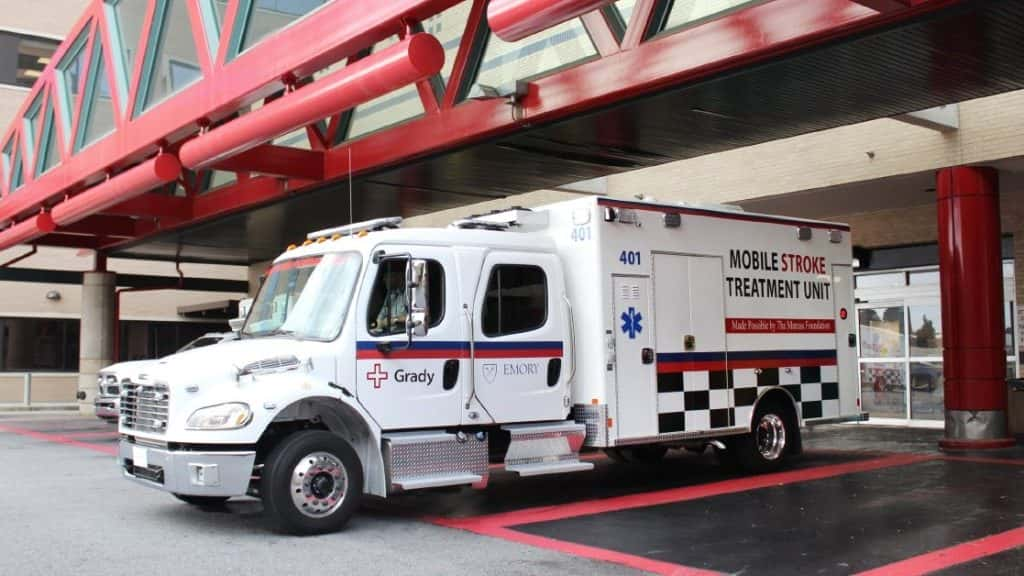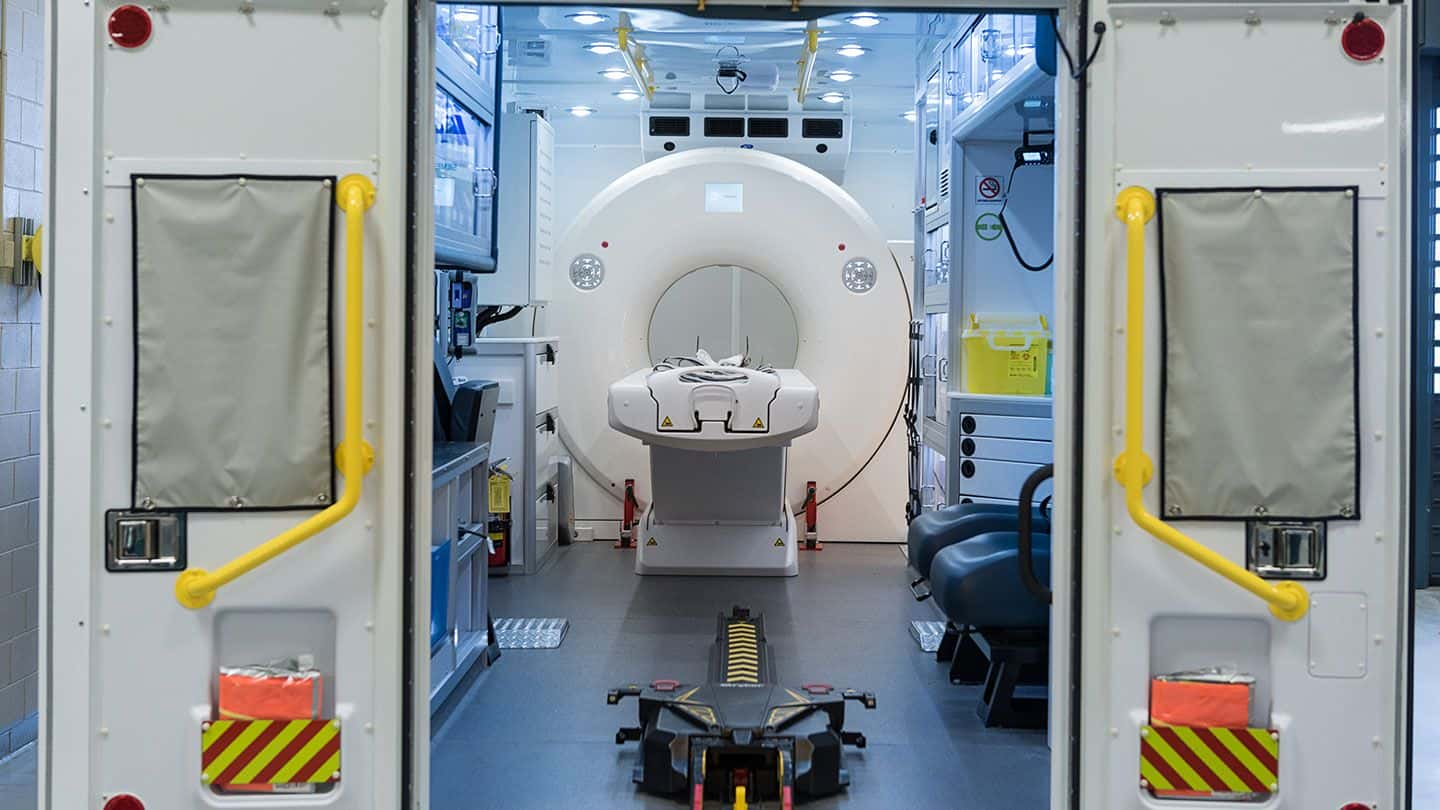A mobile stroke unit continued to provide faster and better service for stroke patients than a traditional ambulance.

Mobile Stroke Unit Provides Faster and Better Treatment for Stroke Patients Than Traditional Ambulance
A mobile stroke unit aims to provide faster and better treatment for stroke patients on the way to the hospital than a traditional ambulance, wherein a mobile stroke unit increases the chances that the stroke patients experiencing life-threatening symptoms will recover.
According to a report published in US News, a mobile stroke unit can immediately treat stroke patients while rushing them to the hospital, which is reportedly faster than a traditional ambulance, and prevent the worsening the brain cell damage by removing or dissolving the blood clot.
With a mobile stroke unit, stroke patients can receive initial treatment within less than an hour, which could help responders save them immediately, especially if the hospital is far from the location of the incident that is why it is important to call 911 when something happens and be treated in a mobile stroke unit.
READ ALSO: How To Perform Hands-Only CPR To Increase Chances Of Saving Lives Outside Hospital Settings
Mobile Stroke Unit Provides Better Services and Equipment Than Traditional Ambulance to Evaluate and Treat Stroke Patients
Aside from faster services, a mobile stroke unit also provides better services and equipment than a traditional ambulance to evaluate and treat stroke patients, including a CT scanner and telemedicine links connected to a stroke expert on their way to the hospital.
There are almost 20 cities that already have reported using a mobile stroke unit and encouraged others to use the unit to improve services and treatment for stroke patients, Newsroom reported.
READ ALSO: How Near-Death Experiences Affect People Who Survived Cardiac Arrests Outside Hospitals




